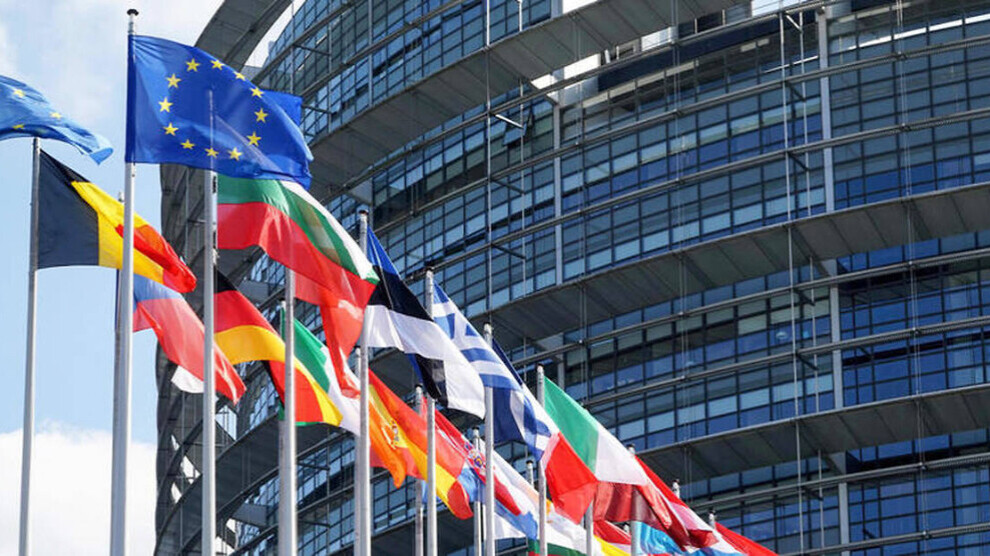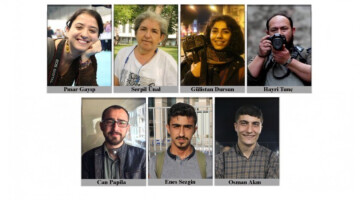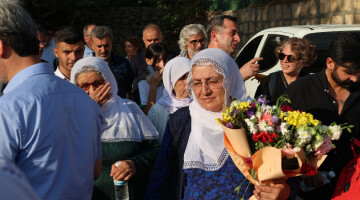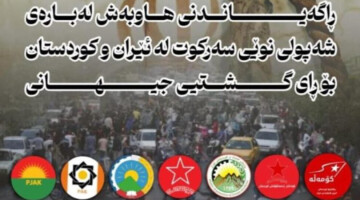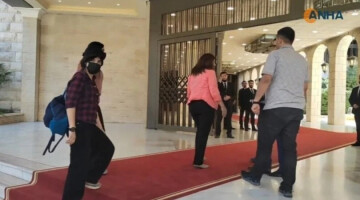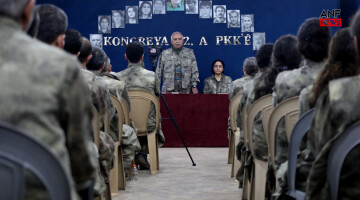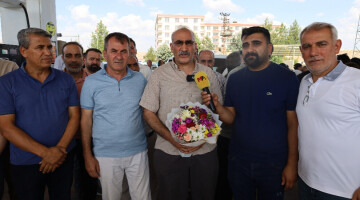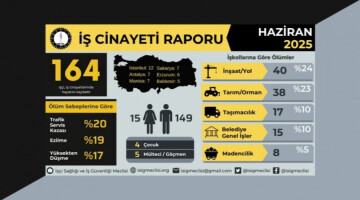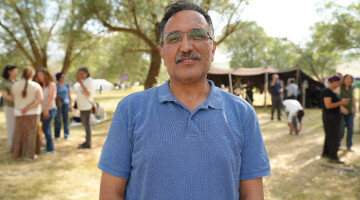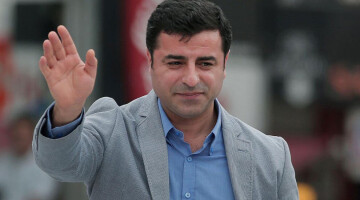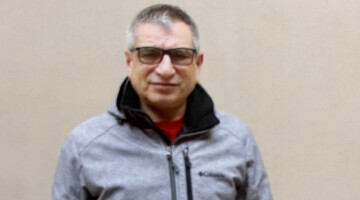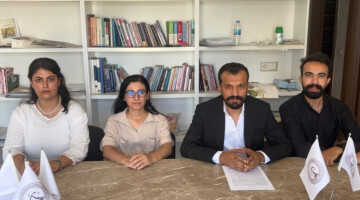In a letter to Josep Borrell, High Representative of the Union for Foreign Affairs and Security Policy, François Alfonsi of the Greens/EFA, Andreas Schieder of the Social Democratic Group and Nikolaj Villumsen of the Left Group in the European Parliament drew attention to the Turkish state’s ongoing attacks on Rojava.
The letter stated the following:
“Turkish bombs and shells are targeting and destroying vital civilian infrastructure, leaving millions without power, water, and gas, and after Turkey’s President Erdoğan has publicly announced his intention to continue these attacks.
We request you, as High Representative of the Union for Foreign Affairs and Security Policy, to protest on behalf of the European Union against Turkey’s unprovoked aggression and war crimes being carried out against the people of the Democratic and Autonomous Administration of North and East Syria, and to use the power of your office to put pressure on the Turkish government to stop.
Despite ceasefires negotiated by the United States and Russia in 2019, Turkey has kept up constant low-level attacks on the region, undermining efforts at stability. Now, for the third time in 3 ½ months, they have bombed sites essential for daily life. Since 13 January, they have destroyed power stations, oil fields (the region’s main source of revenue), homes, warehouses, factories, and other civilian buildings. Many of these places had just been brought back into action with emergency repairs after the previous attack. Two million people are without electricity. No power means no water that relies on pumps, reducedmedical care, no ovens for bread, no functioning schools or universities, and huge economic damage. The region’s only gas-bottling plant has also been destroyed. People are left unable to heat their homes or get gas for cooking.
The targeting of vital infrastructure is itself a war crime and these attacks are also an unprovoked act of aggression. The region has never posed a threat to Turkey. Indeed, their Syrian Democratic Forces have spearheaded the fight against ISIS, alongside the International Coalition. They are vital allies of the Coalition, who recognise that the SDF is separate and independent of the PKK. Yet whenever the PKK carries out an action in Turkey or against Turkish forces in Iraq, Turkey strikes civilian targets in Syria. If their claim that this is covered by the Right to Defence is not challenged, that sets a very dangerous precedent indeed.
These attacks also pose a physical danger for Europe. They are targeted to destroy regional stability and are creating conditions that could allow a revival of ISIS. Immediately, they make it harder for the SDF to guard the many thousands of ISIS prisoners that have been abandoned to their charge, and just yesterday, (16 January) there was an attempted breakout from the prison housing ISIS prisoners in Hasaka, following a rocket strike.
Silence in the face of these crimes and dangers is simply not an option.”

